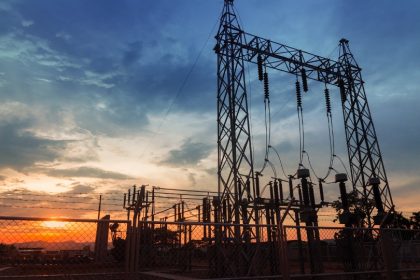
Thus, the Court of Justice of the European Union (CJEU) has issued a judgment in case C-220/19, Promotions Oliva Park, dated March 3, ruling on the different preliminary questions raised by the Superior Court of Justice of the Valencia Community regarding the interpretation of articles 1.2 of the Directive on Excise Duties (Directive 2008/118/CE), articles 1, 2.k) and 3 of the Directive on the promotion of the use of energy from renewable sources (Directive 2009/28/EC) and articles 32 to 34 of the Directive on common rules for the internal electricity market (Directive 2009/72/EC), concluding the following:
- The IVPEE should not be considered as an indirect tax because i) there is no formal mechanism for passing on the tax and ii) the tax base is calculated based exclusively on the condition of electricity producer.
In the opinion of the CJEU, that the IVPEE has been able to affect the price of the invoice to the final consumer, cannot by itself imply that it is passed on to said consumer and, therefore, that it should be configured as an indirect tax. Otherwise, continues the CJEU, any tax borne by energy producers that had a minimal impact on the final price of electricity, should be considered as an indirect tax.
This position of the CJEU is somewhat questionable when, among the measures adopted by the Government of Spain itself through Royal Decree-Law 15/2018, were those to reduce the energy bill of consumers, undoubtedly caused by the effect “pass-through” of the IVPEE via price.
In relation to the tax base, the CJEU believes that it is not only constituted by the amount of electricity produced and incorporated into the system, but also includes other factors related to its production capacity (for example, services adjustment and / or capacity mechanisms) so that there is no direct and inseparable link between the IVPEE and electricity consumption.
In our opinion, although the convergence of elements in the configuration of the tax base is not a sine qua non condition for classifying the tax as direct, it is necessary to remember that this tax coexisted (until its modification) with the Excise Duty on the Electricity (IEE), creating a situation of coexistence of two taxes that worked in the same way regarding the taxable event and taxable base for the purposes of calculating the resulting tax quota, these events that have not been taken into account by the High Court.
- The IVPEE does not have the effect of discouraging the production of electrical energy from renewable sources.
In relation to this point, the CJEU concludes that community regulations do not prohibit the imposition of a tax (such as the IVPEE) that taxes the production of electrical energy, even when it is produced from or from renewable energy sources.
Thus, it determines that Member States can, on the one hand, apply support systems to promote the use of renewable energies (such as tax exemptions or deductions) but, equally, they can impose taxes (such as the IVPEE) on companies that develop or use those renewable energy sources.
- The principle of non-discrimination contained in Community regulations does not apply to national regulations establishing the IVPEE.
Finally, the CJEU considers that Community legislation, in particular Directive 2009/72/EC, is not a mechanism for the approximation of tax provisions between Member States, so that the principle of non-discrimination contemplated in it is not of application to a national norm that imposes a direct tax on a certain fact in its own territory.
In our opinion, the principle of non-discrimination is totally violated by the IVPEE, given that, on the one hand, a production of a good is taxed doubly by other Excise Duty such as the Excise Duty on Hydrocarbons (IEH) – with respect to the acquisition of hydrocarbons for co-generate electrical energy – and the Excise Duty on Electricity (IEE) and, on the other hand, favors intra-community acquisition and importation of electrical energy by not subjecting it to tax, thereby discriminating the taxation that falls on national production.
Salinas & Partners, with more than 30 years of experience in indirect taxation, we are at your disposal to determine and adopt the legal and tax measures necessary within the framework of your industrial and economic operations.



